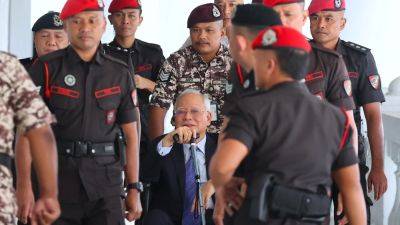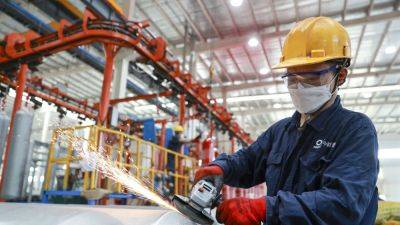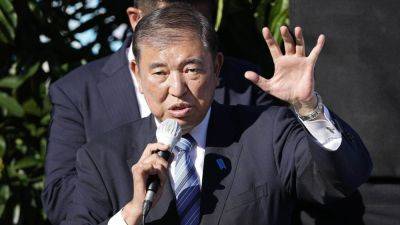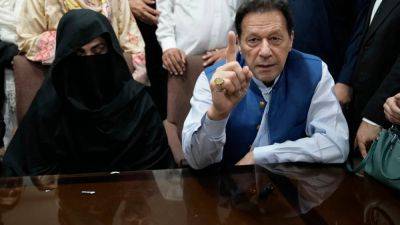Jokowi’s leadership: From successful reforms to hubris syndrome?
October 24, 2024
JAKARTA – Former president Joko “Jokowi” Widodo, who was once known for being straightforward and oriented toward social justice and human rights values, had in his second term shifted to a leadership style oriented toward capital owners and high-risk projects.
His ambitious decisions, such as the development of the Nusantara Capital City (IKN) project, reflect traits often associated with hubris syndrome. The syndrome occurs when someone in a position of power develops a magnified and embellished view of themselves and their capabilities, resulting in excessive self-confidence, obsession with personal image and contempt for criticism.
Jokowi began his first term as president (2014-2019) with widespread praise for his humble and people-focused leadership. He shortened bureaucratic chains, made promises to resolve human rights cases for victims and their families, placed pro-democracy activists in his circle and formed a cabinet team based on recommendations from the Corruption Eradication Commission (KPK).
He prioritized infrastructure projects outside Java in his development program. They included the Trans-Sumatra toll road, the construction of the MRT system, seaports, airports and public housing development. The power of social media help boost his popularity whenever he inaugurated infrastructure projects and visited regions. His approach, in direct contact with the people in the region, positioned him as a leader who understood the needs of the people.
However, in his second term (2019-2024), Jokowi took a more ambitious and politically and economically riskier approach. He began to consolidate power by embracing political opponents, focusing less on human rights issues and corruption eradication,







